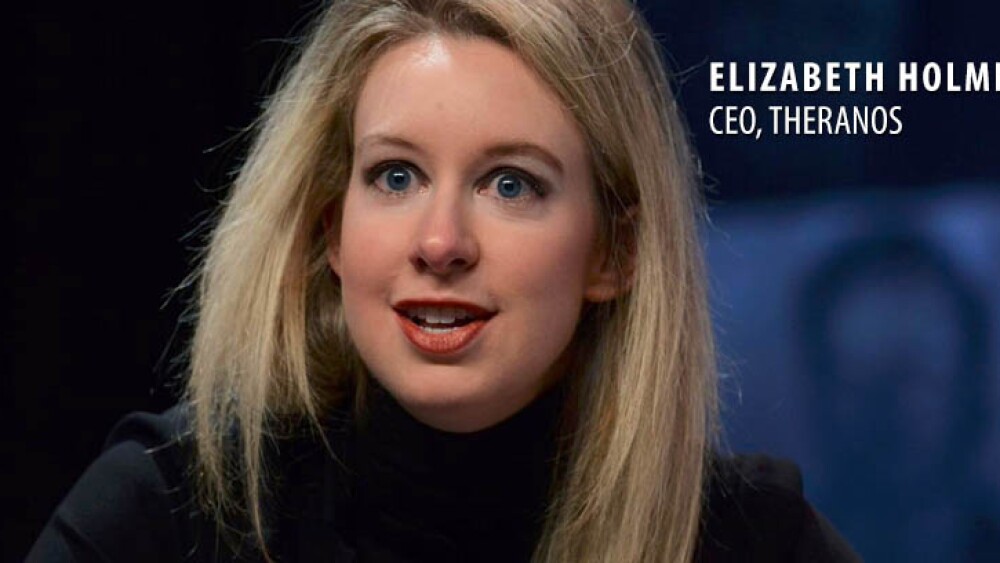November 17, 2016
By Alex Keown, BioSpace.com Breaking News Staff
PALO ALTOS, Calif. – Thanksgiving at one family associated with the fall of Theranos will be a strained occasion this year. The employee who played the role of whistleblower, alerting media to concerns over Theranos’ technology, is the grandson of a company director.
Tyler Schultz, 27, was the employee who first emailed his concerns about the efficacy of company technology to officials, the Wall Street Journal reported. Those emails led to investigations into the company that have resulted in crippling sanctions and a shift in the focus of Theranos. Schultz incidentally, is the grandson of former U.S. Secretary of State George Schultz, who has served as a director of the company for years. And, it was through the elder Schultz that 27-year-old Tyler secured his job at Theranos.
Through George, Tyler met Theranos founder and Chief Executive Officer Elizabeth Holmes. He became interested in Theranos’ mission to revolutionize and disrupt the blood-testing industry. That prompted him to switch his course of studies at school from mechanical engineering to biology in order to prepare for a role at Theranos, according to the report. Tyler landed his job with Theranos in 2013 and soon thereafter discovered problems with the wide variations of results the blood-testing technology delivered. The Journal also reported that Tyler Schultz said the Edison blood-testing tech flunked Theranos’ own quality control standards.
According to reports, Schultz initially raised concerns to company officials, but was dismissed by Sunny Balwani, the former president of the company. He also complained to his grandfather, but was also rebuked. The elder Schultz currently serves on the company’s board of counselors and seems to remain loyal to Holmes and Theranos, even after all the company has been through.
After being stymied by company officials and his grandfather, Tyler reached out to New York state’s public-health lab about his concerns. Tyler Schultz has since left the company, but has racked up more than $400,000 in legal fees, as Theranos has accused him of violating a confidentiality agreement and revealing company secrets. Theranos is well-known for its penchant for secrecy.
“Fraud is not a trade secret. I refuse to allow bullying, intimidation and threat of legal action to take away my First Amendment right to speak out against wrongdoing,” Schultz told the Journal.
Since leaving Theranos, Schultz has aimed his skills at attempting to develop his own portable device capable of testing blood and saliva for diagnosing several diseases—a direct competition to what Theranos had hoped to achieve.
Since breaking the news about Theranos’ failings, the relationship between the two Schultz men has been strained. The Journal said the last time the two men saw each other was in July, when the younger begged his grandfather to cut ties with Theranos. Since that time, Theranos has pivoted the focus of its business from its blood-testing technology to the development of a portable lab dubbed Edison, which is expected to be able to run a multitude of tests using miniaturized laboratory robotics.
In October, Theranos shuttered its clinical labs and wellness centers and laid off more than 300 employees.
Theranos is facing multiple lawsuits, including a $140 million lawsuit filed by former partner Walgreens and a lawsuit filed by a Bay Area hedge fund that alleged the biotech company duped investors about the efficacy of its products in order to attract investments of nearly $100 million. Theranos is also the subject of a criminal investigation by the U.S. Department of Justice with investigations centering on whether or not Theranos and its executives misled investors as to the efficacy of its blood-testing products.





